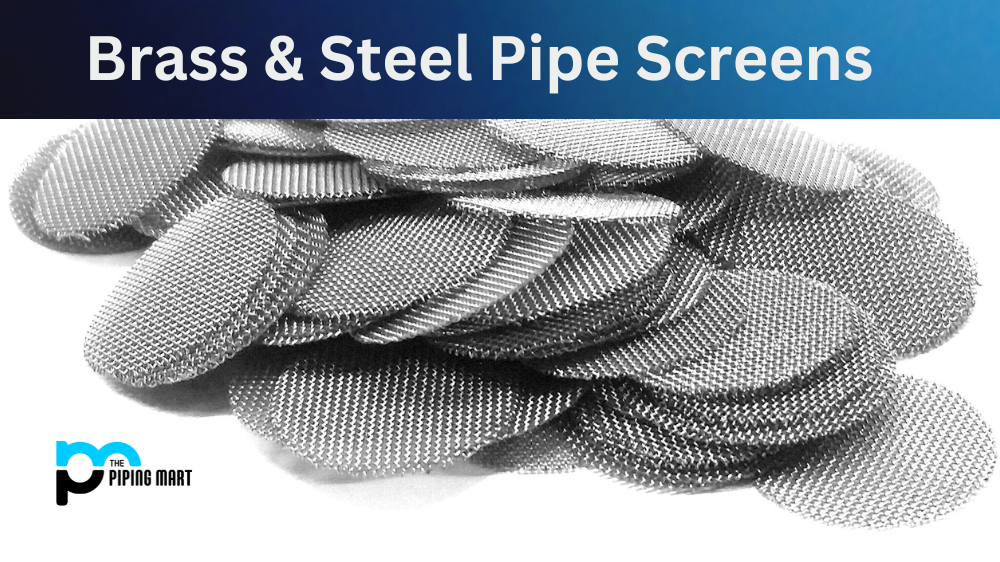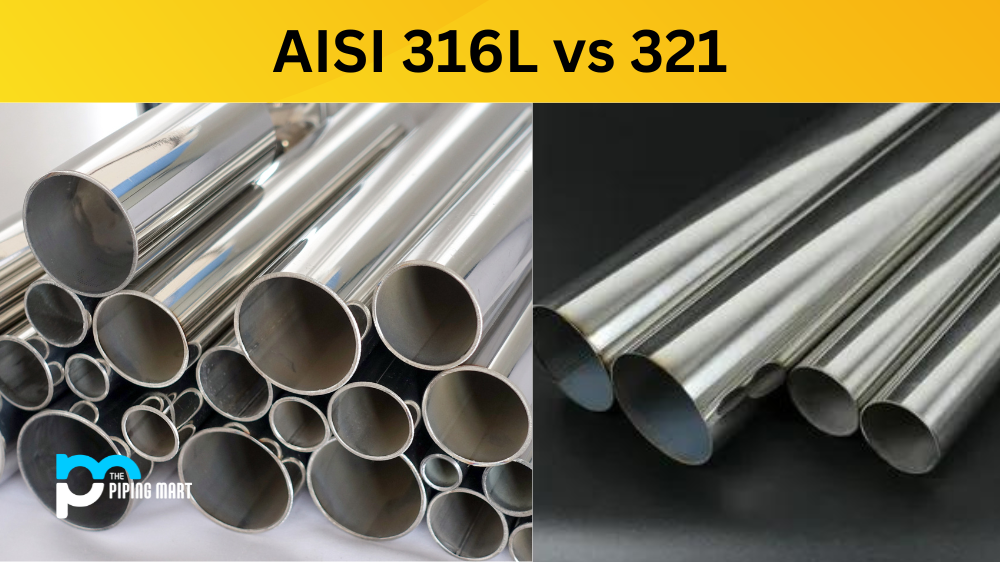Pipe screens come in various materials, but brass and steel are the two most popular options. Both materials offer distinct advantages for their own applications, so it is important to understand the differences between them before making a decision. In this blog post, we will explore the differences between brass and steel pipe screens so you can make an informed decision on which is best for your needs.
Brass Steel pipes
Brass steel pipes are a unique and versatile option for many applications. The alloy of copper and zinc makes them both strong and ductile, allowing for relatively easy fabricating and welding. On top of that, their aesthetically pleasing bright finish makes them suitable for medical, architectural, and industrial purposes alike. Although brass steel pipes can be quite costly to obtain, many of its benefits outweigh the cost factor making it an ideal choice in a variety of contexts.
Steel pipe Screens
Steel pipe screens are a great choice for tackling tough filtration jobs. These durable solutions can be used in water and wastewater treatment, chemical processing, oil and gas refining, power generation, and more. In addition to their durability, steel pipe screens are also corrosion-resistant and can be customized for each application. This provides users with an optimal fit tailored to their unique needs. Steel pipe screens are an excellent long-term investment for many industrial applications.
Difference Between Brass and Steel Pipe Screens
Durability
Steel pipe screens are more durable than brass pipe screens. Steel is a much harder material than brass, meaning it can handle greater wear and tear without being damaged. If you’re looking for a longer-lasting pipe screen that won’t need to be replaced often, then steel is likely your best option. On the other hand, brass pipe screens are less durable by comparison but still provide great protection against clogging or particles entering your pipes.
Heat Resistance
Brass pipe screens have better heat resistance than steel screens due to their superior thermal conductivity. This means that they can withstand high temperatures without becoming damaged or melting like steel screens would in the same situation. This makes them ideal for use in applications where temperatures may exceed what steel can handle, such as when dealing with hot water lines or steam systems.
Cost
When it comes to cost, steel is usually cheaper than brass. The cost difference varies depending on the size and availability of each material, but generally speaking, steel will be more budget-friendly than brass if you’re looking to save some money on your project. However, if you want something that will last longer despite its higher cost, then brass may be worth investing in since it will last longer even though it costs more upfront.
Conclusion:
No matter what kind of pipe screen you choose—brass or steel—it’s important to consider both materials’ strengths and weaknesses before deciding which one is right for your application. Brass has better heat resistance, while steel has better durability; both have different costs associated with them as well. Ultimately it’s up to you to decide which material best fits your needs based on these factors and any others that may be relevant to your project!

Meet Bhavesh, a seasoned blogger with a wealth of knowledge and experience. From metal products manufacturing to retail, Bhavesh has a diverse background in various industries and is dedicated to sharing his insights and expertise with readers.




